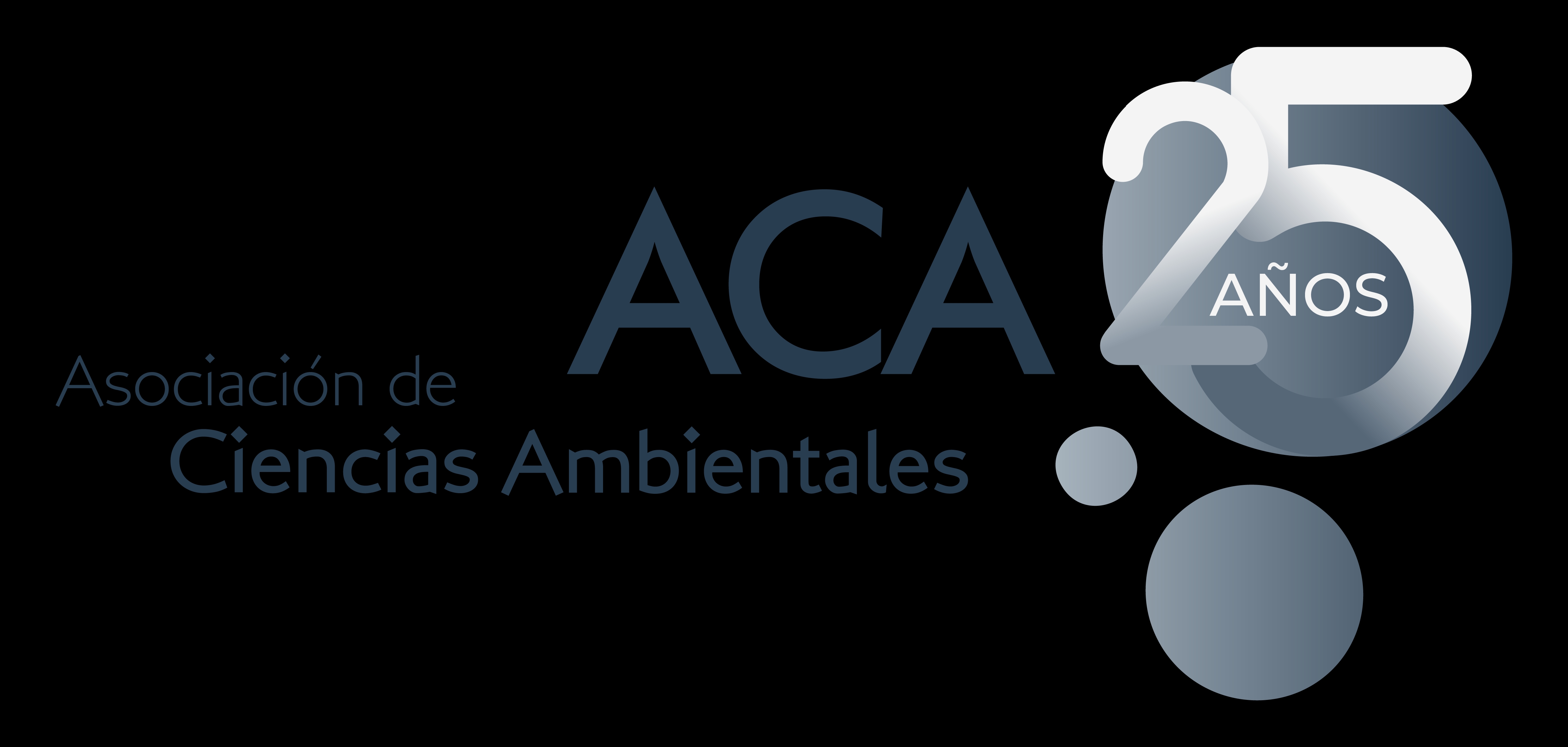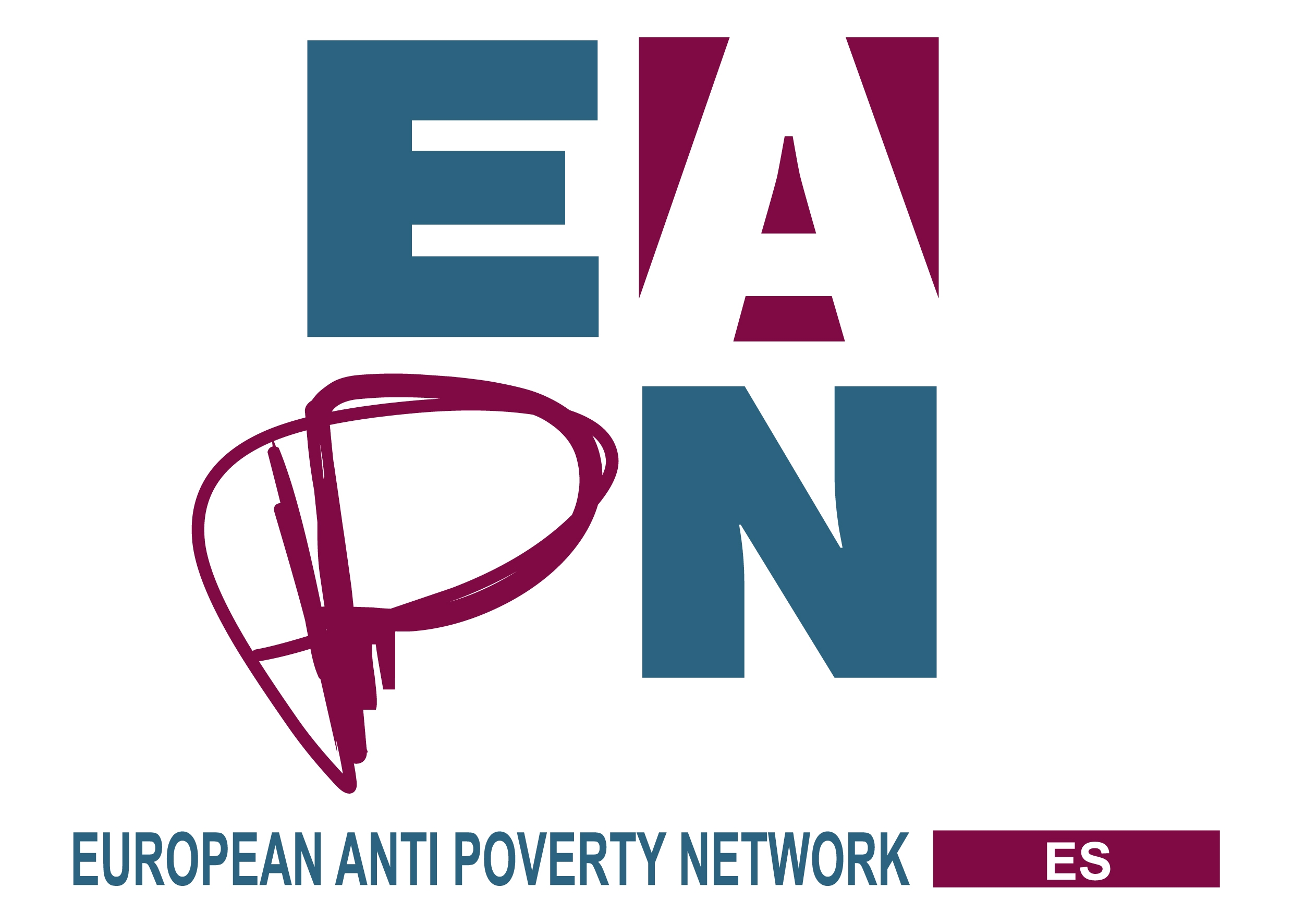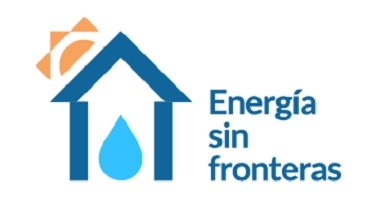Chair of Energy and Poverty
The Chair is the result of collaboration between companies in the energy sector and social agents. It is constituted as a privileged forum from which to give coherence to studies, legislative proposals, training and dissemination actions that contribute to the mitigation of energy poverty.

The Chair is the result of collaboration between companies in the energy sector and social agents. It is constituted as a privileged forum from which to give coherence to studies, legislative proposals, training and dissemination actions that contribute to the mitigation of energy poverty.

Mission and objectives
The main studies carried out for Spain coincide in finding a minimum of 8-9% of households (more than 6 million people) suffering from energy poverty, which in a first approximation can be defined as the inability of a household to meet the cost of its basic energy needs. The Chair in Energy and Poverty aims to make a substantial contribution to the solution of this serious reality based on the long history of research work on the great social challenges of our country carried out at Comillas Pontifical University.
Thus, the Comillas Pontifical University, with the collaboration of a group of companies from the energy sector and social agents, has created the Chair in Energy and Poverty, making it a privileged environment from which to give coherence to studies, legislative proposals, training and dissemination actions that contribute to the mitigation and ideally the eradication of this problem in our country.

From the Chair in Energy and Poverty we want to make a substantial contribution to the search for and implementation of solutions to the problem of poverty and specifically in its energy-related facet. To this end, we focus our action in two specific directions: (1) to carry out interdisciplinary research focused on reality and (2) to serve as a meeting point to facilitate contact between entities and people involved in the fight against energy poverty.
We understandinterdisciplinary research, not only as the sum of research in the different areas that from our University contribute their approach to the solution of poverty in the field of energy (engineering, social work, law, business) but as a real crossroads of knowledge that allows a vision beyond the approaches of each discipline. A crucial element in this way of working is to combine a general to particular approach with an approach based on direct contact with the problem of energy poverty.
With regard to the vocation of being a meeting point, Comillas Pontifical University wants to put its privileged position as a university entity that emphasises service to society at the service of action against energy poverty, and to become a forum for reflection, research and dissemination of results with the participation of researchers from the University and external agents from the academic, business, welfare or social world and public administrations, for the analysis and monitoring of energy poverty, mainly in Spain, but also in the European context.
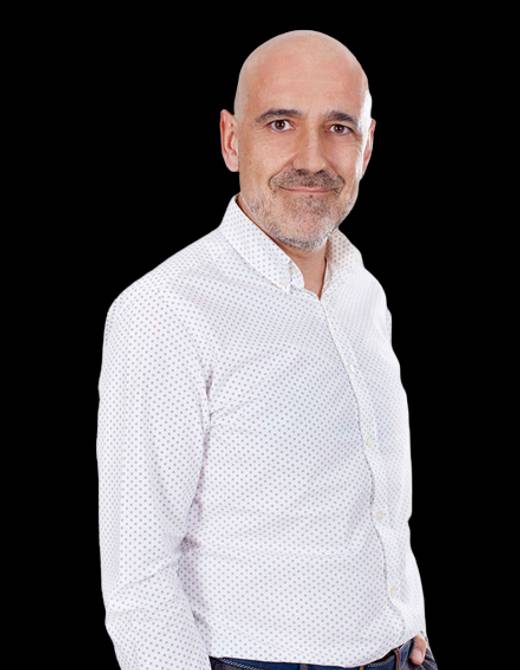
We work towards the mitigation and ideally the eradication of energy poverty in our country.
The team
Organisation
Latest news

These are data from a study carried out by the Chair in Energy and Poverty, which indicates that 70% of households do not benefit from social bonds
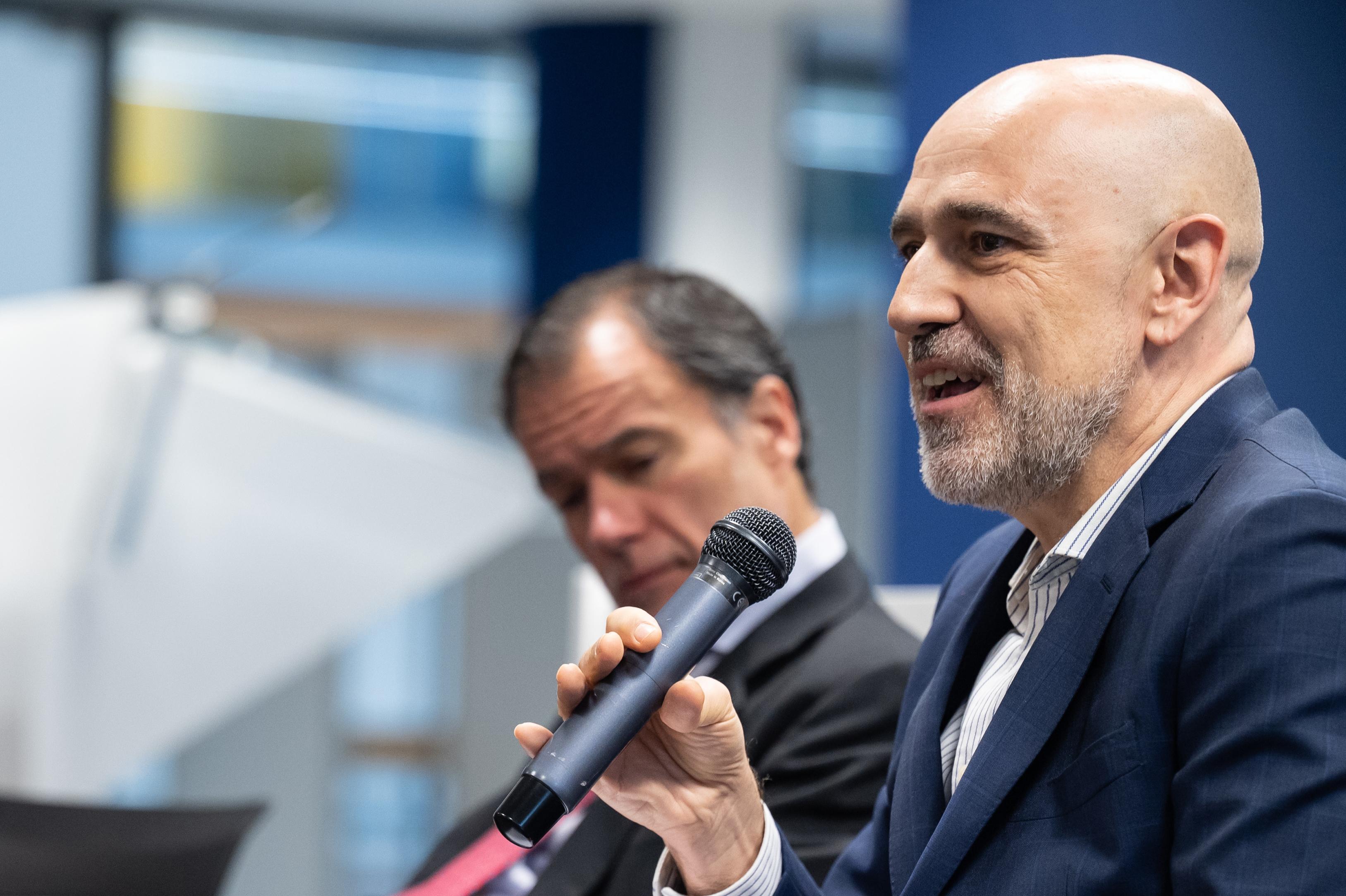
The Chair in Energy and Poverty analysed the impact on vulnerable consumers
Lines of research

Documents
The Chair in Energy and Poverty is a university centre with a vocation to make a contribution to society through its meeting and research activities. This contribution is based on the strictest respect for the plurality of opinions of its researchers and professors.

Upcoming events.
SUBSCRIPTION CENTRE




